The entire human race is facing a new collective challenge; Covid-19. Since the outbreak of the novel coronavirus back in December 2019, the disease has spread rapidly from Wuhan, China, the global epicenter of the virus, to almost every country in the world.
Over 30 million people were confirmed to have been infected by the virus by September of the following year with 1 million losing their lives as a result. However, do not allow what is happening at the global scale to appear distant and uninvolved with your day to day regular routine.
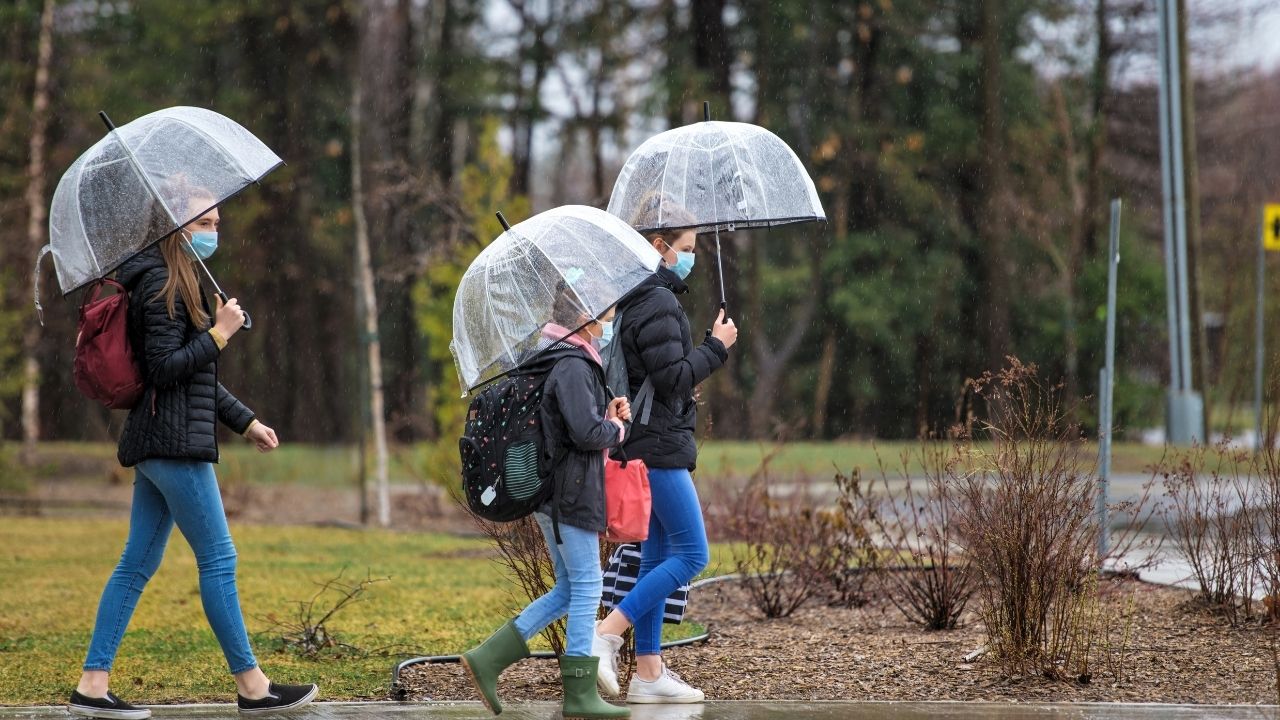
With the loss of life at such an enormous figure, the primary worry for most families is not just how they are going to protect themselves but their family members as well.
To ease your concerns, we’ve listed a few tips on how you can protect your loved ones during the pandemic.
1. Observe Safety Recommendations Provided
The Centers for Disease Control (CDC) and the World Health Organization (WHO) have come up with various measures designed to help people stay safe from the virus as well as prevent them from spreading the virus to other people. They include:
Wear a Face Mask
The issue of face masks has been met with intense criticism. Both the CDC and the WHO have insisted that wide use of face coverings will help keep you and everyone around you safe from the virus.
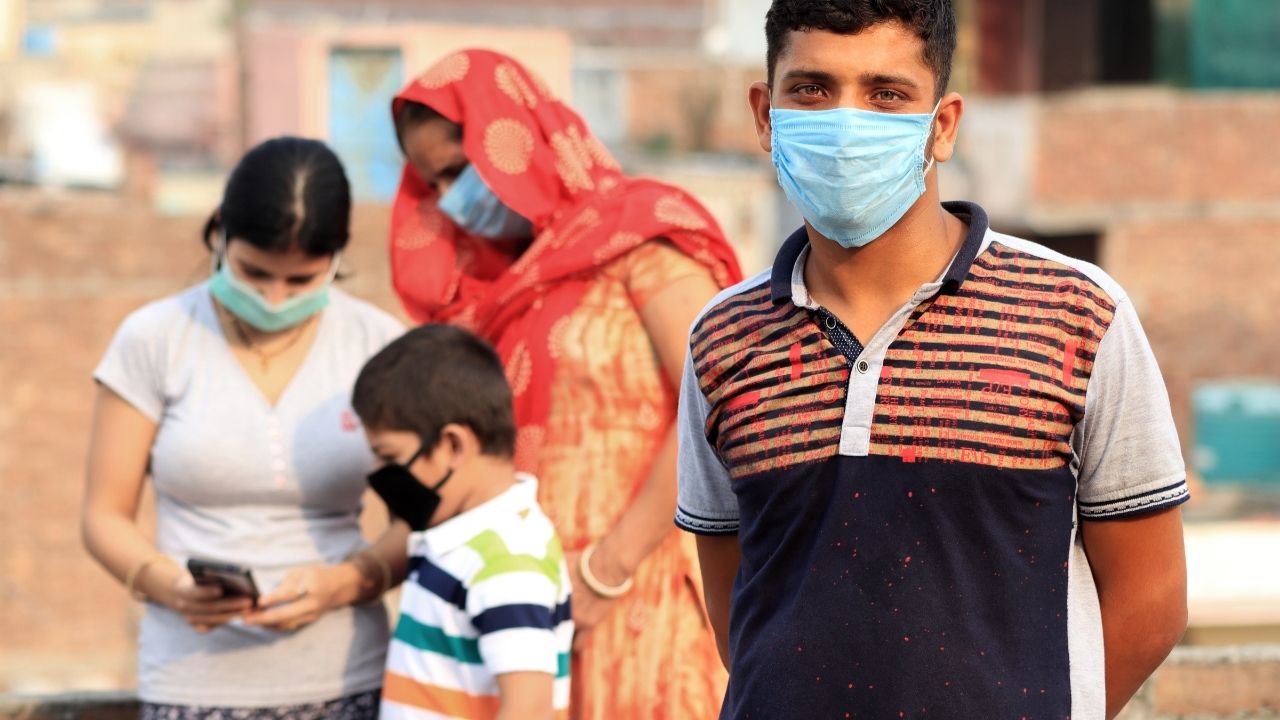
A face mask works by blocking a significant portion of respiratory droplets from contaminating breathable air that your family members can inhale. Make sure you and your family members always have one on especially when outside the house.
Maintain Good Hand Hygiene
You might have heard this a million times already by now but it’s more than worth repeating. Keeping your hands clean is one of the most effective methods in the fight against the spread of the coronavirus.
Wash your hands regularly with soap and water, for at least 20 seconds, and advise your family to do the same. Make sure there is enough hand sanitizer to go around within your household as it’s not always that members of your household will find easy access to a sink.
Practice Social Distancing
Social distancing entails maintaining a safe distance between you and other people. With the number of infections constantly on the rise, it’s important that you keep a safe distance from other people when outside the house.
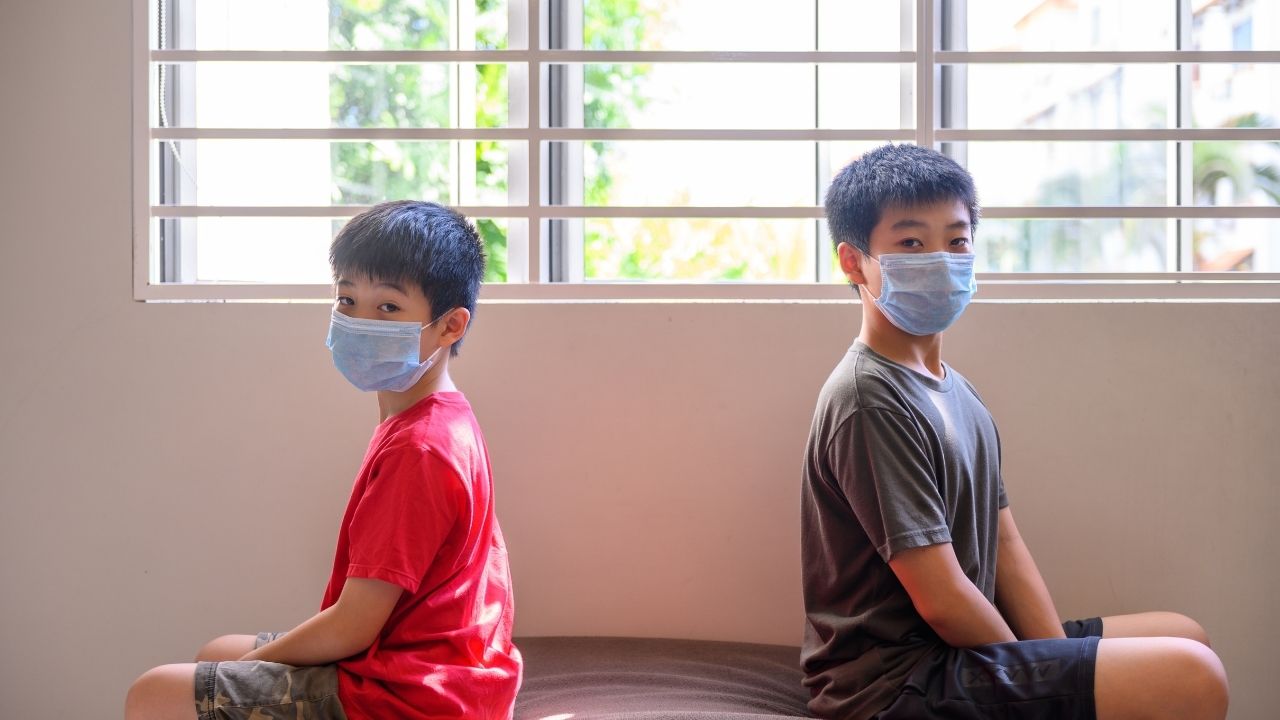
If possible, make your meetings virtual and avoid shaking hands, hugging, or spaces with a high amount of human traffic. Keep yourself and your family locked indoors as much as possible and if you absolutely have to go outside to do important stuff such as grocery shopping, only let one person go.
2. Stay Updated on Information Regarding the Virus
During a pandemic, it is critical that you keep yourself updated with the most recent news and information regarding the disease. In countries that have been highly impacted by the coronavirus, the lives of many households have had to change their home dynamics.
Some parents and caregivers have lost their jobs while others have been prompted to go about their work from home. The elevated demands on them to provide care combined with the lack of economic surety makes it important for us to keep abreast of what is going on in the world.
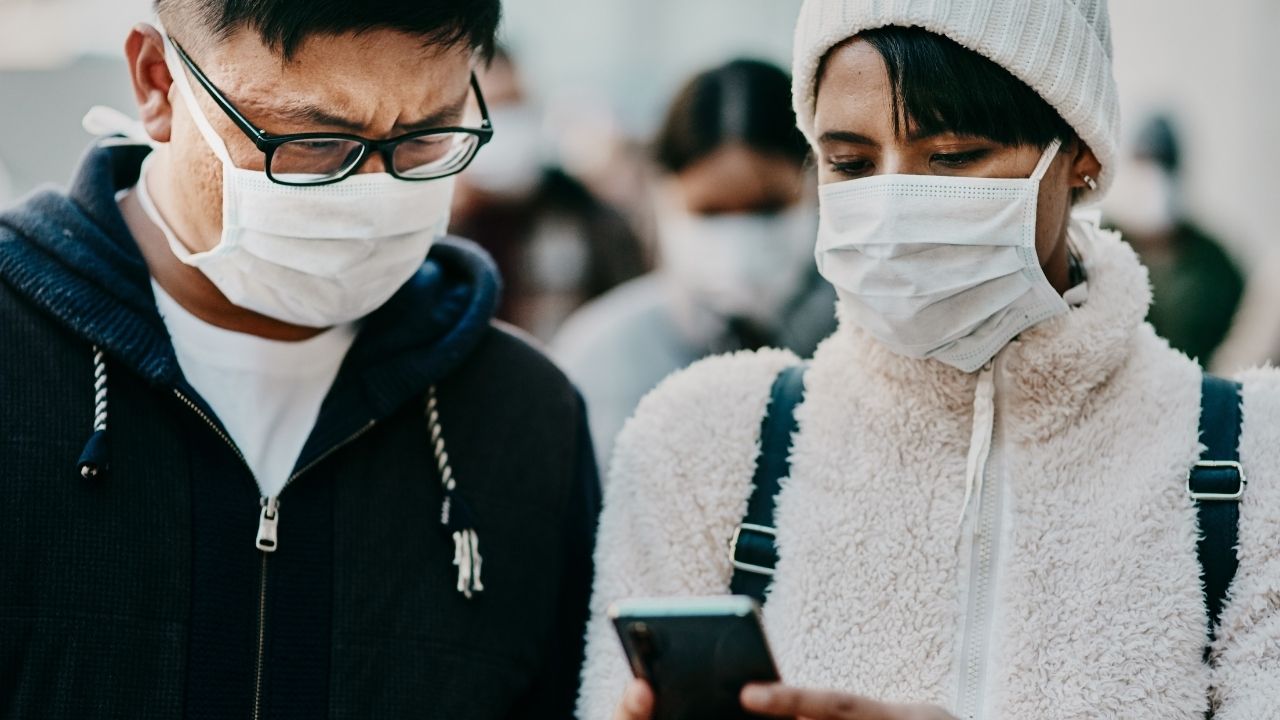
How does the virus spread across people and who are most vulnerable to infection? How can you go about your day without running a high risk of getting infected? If you or a family member has been infected, what can you do to alleviate the symptoms and what should you do to avoid other family members from contracting the virus?
Being updated will help you answer these questions and make well-informed decisions so you can know how best to protect yourself and your family. It could quite literally prove the difference between staying alive or not.
3. Know The Signs and How It Spreads
Perhaps the best thing you can do for your family and yourself is to learn how to spot the symptoms of the virus early enough before it spreads to other family members.
The symptoms of the virus are somewhat similar to those of other respiratory conditions such as the flu. The symptoms include cough, fever, or shortness of breath. While some people will exhibit mild symptoms, others can get very sick. Some people have, however, proven to carry the virus yet show no symptoms at all. This can be a bit difficult as one
In light of the asymptomatic nature of some cases, it’s important that you understand how the virus spreads from person to person so you can best prevent you or your loved ones from getting infected.
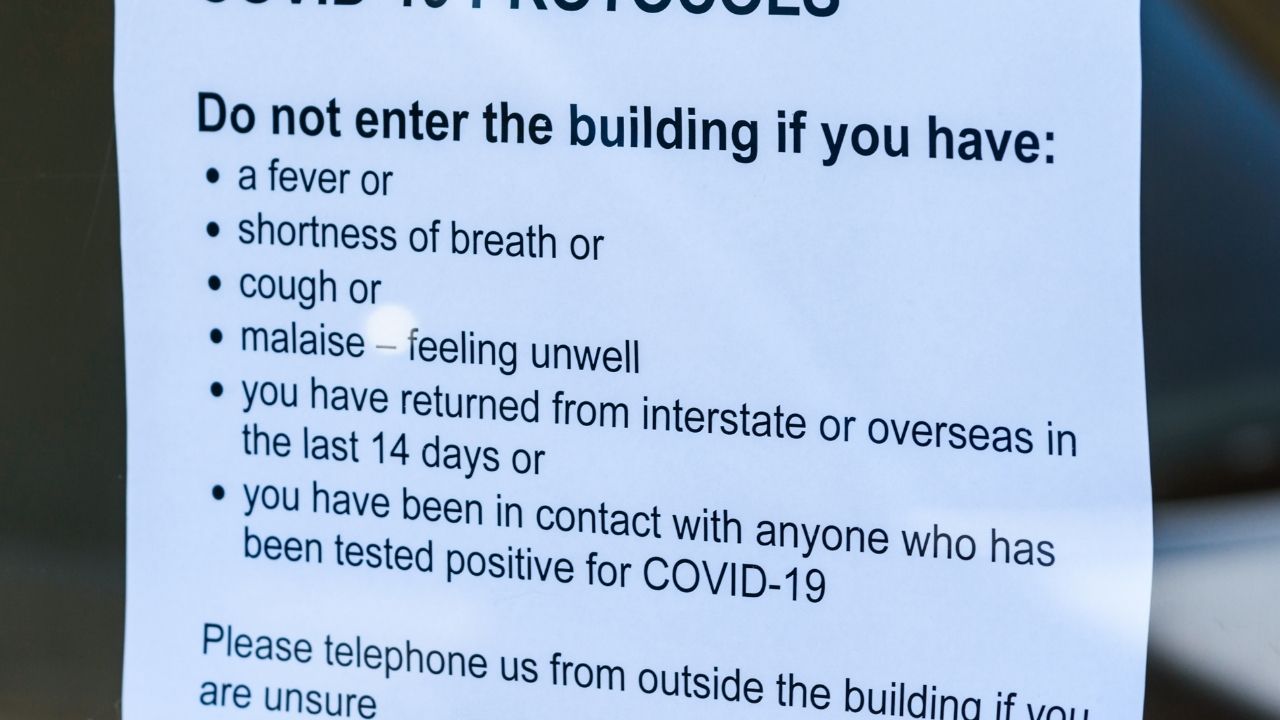
A person can get infected with Covid-19 by inhaling respiratory droplets released when an infected person either coughs, sneezes or is in close proximity to a person when talking.
It is also spread through physical contact such as handshaking as well as coming into contact with a contaminated surface. Below are ways through which you and your family can stay safe from spreading or getting infected by the coronavirus.
Protect Your Household No Matter What
The virus seems to bring out more questions than are being answered. For how long can a country stay under lockdown? What happens to our regular work or school lives? What would happen if this is still the case after 6 months?
These issues make a lot of people uncomfortable especially since there seems to be no sign of a vaccine or medication close to being developed. However, this does not mean that nothing can be done to avoid contracting Covid-19.
As highlighted above, the best way to take care of yourself and your family is by staying alert as more information on vulnerable populations, treatment options, and prevention measures are being discovered.
If you think you may have come into contact with a person who’s coronavirus positive, get in touch with your doctor and avoid travel or going out. Self-isolate, clean your hands, and wear a mask. Depending on the severity of your symptoms, your doctor will determine if or not you need to visit a health facility for evaluation
